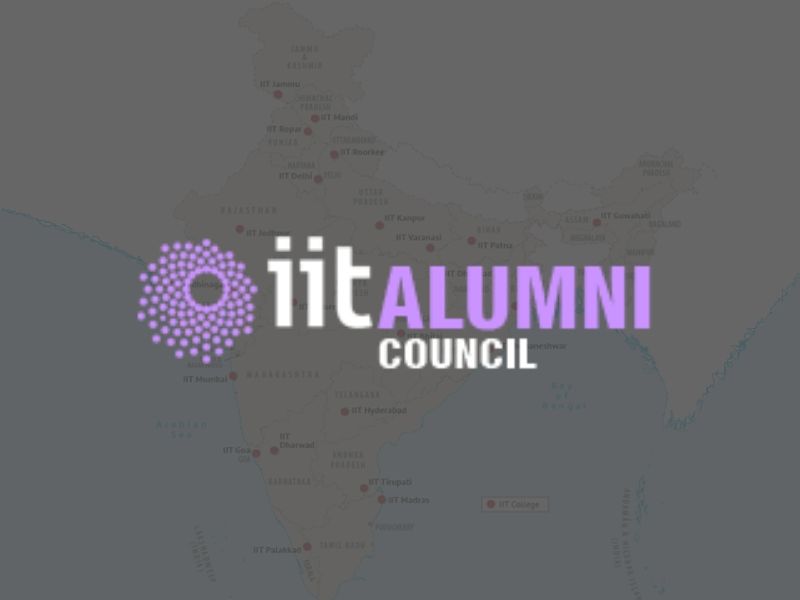IIT Alumni Council announces MegaScope to widen scope and increase accuracy of MegaLab
New Delhi: IIT Alumni Council announces the MegaScope initiative to create a data driven platform for predictive, preventive and personalised healthcare.
Adding a strong data platform and gene sequencing is likely to significantly improve accuracy of testing and enhance efficacy of treatment.
“The age of healthcare based on one test for all and one medicine for all is fast approaching an end. Covid19 related research has conclusively demonstrated that
people react differently to the same pathogen or disease. The effect of the same medicine also varies from person to person. A well meshed data platform with digitising at the sample end and conversion to personalised medicine at the other end is the only way to change the accuracy and efficacy paradigm. A unified MegaLab/MegaTx/Data Platform approach seems to be the best way to fight covid and
all such future pandemics” said Ravi Sharma, President and Chief Volunteer of the IIT Alumni Council.
“Under the MegaScope initiative, the entire paradigm has to be re-invented. The RTPCR testing methodology is oriented only towards checking for presence of the virus. It does not involve collecting any data on the host or human body. If host genome data was added and correlated using combinatorial computation, then it would have been
possible to predict whether the person required home isolation, quarantining, hospitalisation or emergency procedures. Therefore, the entire diagnosis approach
requires a fundamental shift from just RTPCR to next generation sequencing of the DNA, biome analysis and blood biopsy. This is neither cheap nor easily possible in distributed small laboratories. Aggressive indigenisation and optimisation in a central
lab will rapidly drive the costs down.” added Girish Mehta, an expert in diagnostics and genetic testing, who was Chairperson of the Diagnostics Group in the C19 Task Force.
“Covid19 is neither the first pandemic nor is it likely to be the last. The pandemic tested the efficacy and capability of our entire healthcare ecosystem revealing large cracks and chasms in it. A pro-active approach is required to handle such pandemics in the future. The threat is more real if one combines it with the possibility of biological warfare based on genetically modified pathogens. The monoclonal antibody based
pandemic treatment is one part of the puzzle. Genetic testing is another. Condition assessment through blood biopsy and gut biome testing could be yet another. The
unfortunate reality is that as yet, we only know what we don’t know. Preparedness is, therefore, critical. We need to shift the focus to a new normal beyond the covid19
pandemic. And that is what MegaScope needs to achieve” added Dr Arindam Bose, an expert in the large-scale production of therapeutic monoclonal antibodies who served as the Chairperson of the Therapeutics Group in the C19 Task Force.

